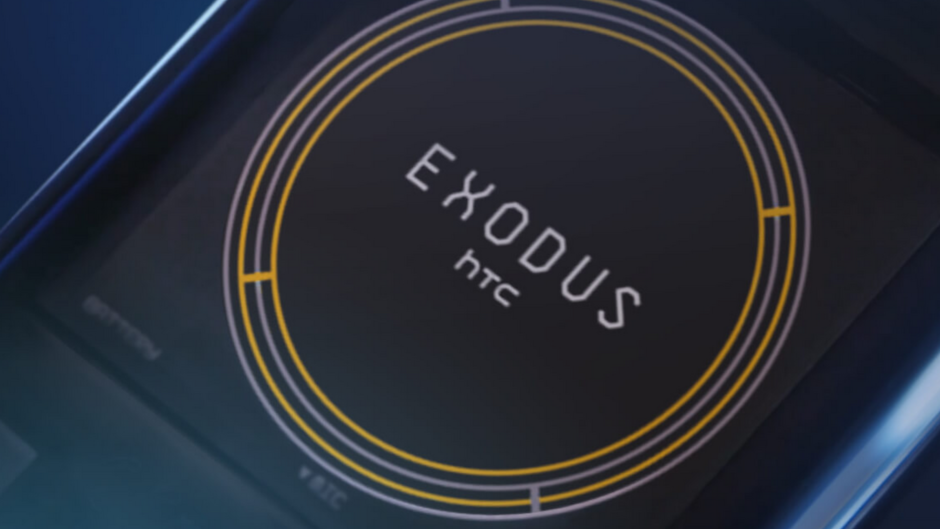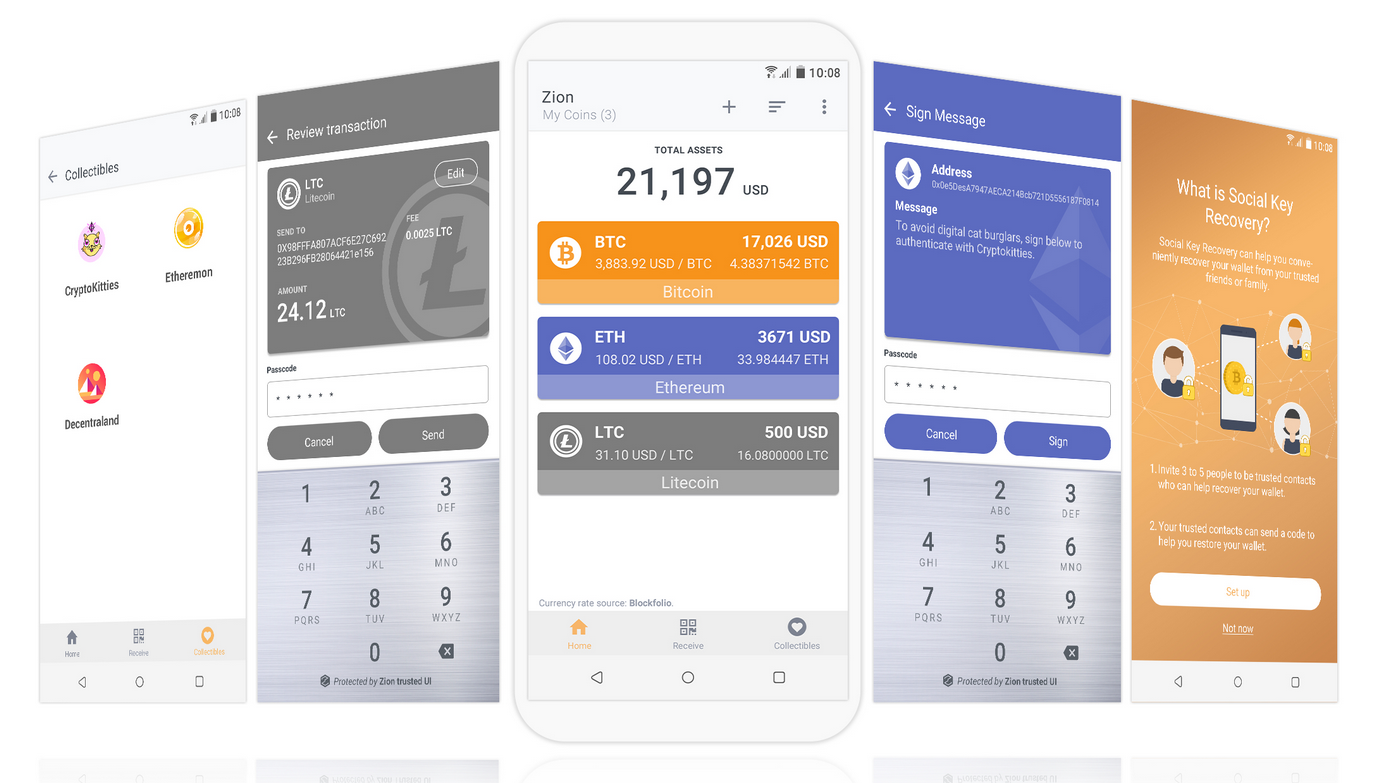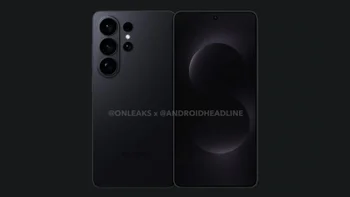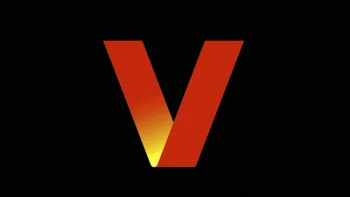HTC finally announces its first phone for 2019, but most people won't want it

Sure, HTC has sort of disappeared from the mainstream smartphone market although a new mid-range model was recently spotted on a benchmark site. And yes, it will have a 5G phone that is expected to be unveiled in the second half of this year. In fact, HTC's silence on social media has recently been broken by some new tweets including one revealing when three models will receive Android 9.
The last phone HTC released was the Exodus 1, a device that supports the blockchain and cryptocurrency investing. Today, HTC's Decentralized Chief Officer Phil Chen announced (via Mashable) that it will offer next quarter a lower priced version of the phone, which it will call the Exodus 1s. HTC says that it will be "a more value-oriented version" than the original and will be priced in the range of $250-$300 compared to the $699 that the OG model costs. The phone's specs and other information will be released at a later date.
Blockchains are used to store cryptocurrency transactions. Each new transaction adds a new block to the chain. The blocks are made up of coded information including data about the transaction listed in the previous block, a time stamp, and data related to a new transaction. It is considered resistant to hacking since changing one block would require that changes be made to all blocks and this requires approval from the majority of those using the network.
The Exodus 1s will also feature a full Bitcoin node, not available with the Exodus 1. This feature means that not only will the full blockchain history of Bitcoin be available over the phone, users will also be able to send their Bitcoin transactions to the network instead of using their secure wallet. Considering that the entire blockchain is over 200GB, HTC says it will use a pruning technique that reduces it to 10GB to make syncing to it faster. Still, Chen says that Exodus 1s users are going to want to use Wi-Fi. Those who want to see the full Bitcoin blockchain will have to carry an extra microSD card on their person.
"Exodus is about empowering the user. We gave users the ability to own their own keys, and now we’ve gone one step further to allow users to run their own full node. We are democratizing access to the technology for a free world. Full nodes are the most important ingredient in the resilience of the Bitcoin network, and we have lowered the barrier to entry for any person to run a node, which is simply a computer, mobile in our case, participating in a global Bitcoin network that propagates transactions and blocks everywhere, which is the foundation and fundamental definition of a peer-to-peer cash system."-Phil Chen, decentralized chief officer, HTC
The HTC Exodus 1 and Exodus 1s can store cryptocurrency but can't mine for them
The Exodus phones include Zion, a secure private vault that allows users to complete cryptocurrency transactions and store, send and receive Bitcoin, Ether, Litecoin, selected ERC-20 tokens, and ERC-721 collectibles. The Zion trusted UI allows you to make a transaction involving your cryptocurrency assets without having to worry whether malware in Android is stealing your personal information.

The Exodus phones include the Zion secure private vault that store, receive and send your cryptocurrencies
While the Exodus phones are useful for safely storing and handling transactions with your cryptocurrency, you will not be able to mine the virtual currencies on these handsets. This is the process that authenticates a cryptocurrency transaction and adds it to the blockchain. It is actually a competition that requires the use of specialized and powerful computers, and the first miner to solve the equation is rewarded with some cryptocurrency of his own. The computing power required for this process is much more than available on any smartphone.
Follow us on Google News




![Some T-Mobile users might be paying more starting in March [UPDATED]](https://m-cdn.phonearena.com/images/article/176781-wide-two_350/Some-T-Mobile-users-might-be-paying-more-starting-in-March-UPDATED.webp)









Things that are NOT allowed:
To help keep our community safe and free from spam, we apply temporary limits to newly created accounts: